WHAT IS SHOPPYMORE?
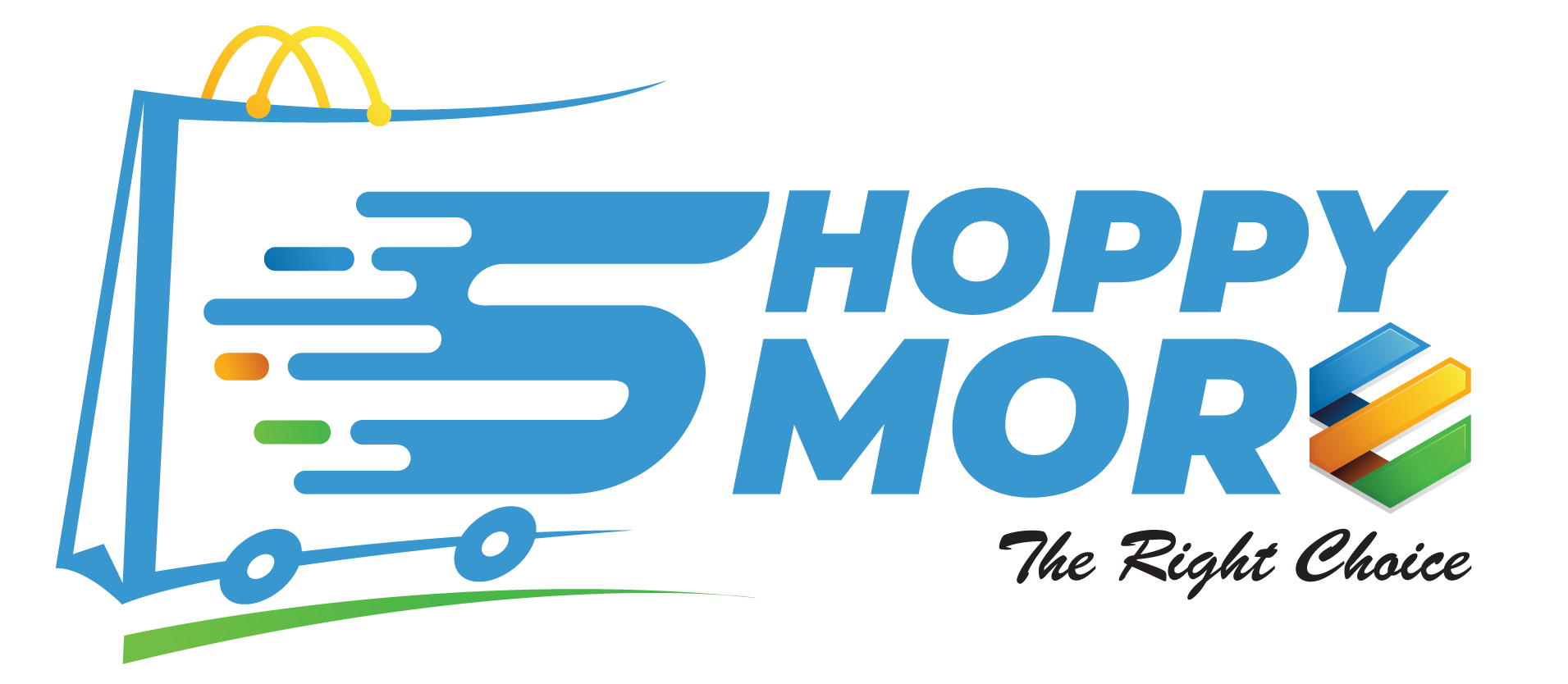
SHOPPYMORE was established in 2020, Shoppymore Global is the world's number one emerging marketplace platform. With a presence in Malaysia and soon the world – Shoppymore connect and enrich our lifestyle with good value and ethics.
Shoppymore is the operator of an online shopping portal intended to promote the online buying and selling of goods and is the fastest-growing e-commerce marketplace in the region. Leverage of technology embedded in business platforms gateway for retail shopping industry to earn multi-billion globally.
The company's online shopping portal offers various products across a range of categories. It is a platform tailored for providing customers with an easy, secure, and fast online shopping experience through strong payment and logistical support.
Here’s What All of Those Popular Slang Words Really Mean
1. Clap Back
"Clap back" describes a verbal retaliation to criticism—otherwise known as a comeback. The more clever and withering the comeback, the more likely it is to get written up (if you're a celebrity or public figure, that is). The term originates from the 2003 Ja Rule song "Clap Back".
2. Flex
Are you feeling fabulous about yourself? Or have you created something you're proud of? Now is your time to flex. Instead of flexing a muscle, you're showing off your accomplishments. "Flex" originated in Black culture in the '90s, according to Dictionary.com, and is often used in rap songs. Ice Cube was the first rapper to incorporate it in a song, with 1992's "It Was a Good Day".
The term took on new meaning in 2014 thanks to the Rae Sremmurd song "No Flex Zone," which described a place where you don't feel compelled to "flex," but rather feel comfortable to just be yourself. Related to this term is the phrase "weird flex but OK," used as a response to a brag that's considered strange.
3. Cheugy
Cheugy, pronounced "chew-gee," got its own write-up in the New York Times. The Gen-Z term, which gained popularity on TikTok, describes anything that's considered uncool, untrendy, or people who deliberately stick to "older" trends. The term was coined by 23-year-old Gaby Rasson and was used among her friend group before it became widely known. A few things that are considered cheugy by the originators? Anything emblazoned with the word "girlboss;" wooden signs with inspirational quotes; Friends or The Office merch, or UGG boots.
4. OK Boomer
Generational tension is eternal and universal. "OK Boomer" is a term born of that tension. According to Vox, the earliest use of the phrase dates back to a 2015 thread on 4chan, but it gained popularity on TikTok in 2020. Most often deployed as a meme, the term points to differing values between Gen Z and Baby Boomers. It essentially boils down to: "I disagree with you, but I can't be bothered to argue. Keep your opinions." The term "OK boomer" is, in short, both an expression of frustration and a way to end an argument.
5. Ghosted
Say you went on a date with someone you met online. You thought things were going well—and then they never responded. Unfortunately, you've been ghosted. This term emerged from the online dating landscape, and describes a romantic partner who withdraws suddenly, back into anonymity (like a ghost). Ghosting is rejection without any concrete explanation as to why you're being rejected. The term became commonplace during the rise of online dating, to the point where it got its own New York Times explainer in 2015. Today, the phenomenon is so ubiquitous it even inspired a thriller of the same name.
6. High Key
High key is the opposite of low key, another slang term with roots in the hip-hop community. Low key is used when you want to keep something chill. High key, on the other hand, elevates the meaning of the sentence—you say it when you want to be heard. For example, say you were James Bond in the middle of a movie, right when things were getting tense. You could say, "I am high key stressed right now".
7. Vibe
This term actually isn't new—according to Mirriam Webster, the first known use of "vibe" was 1967. Dictionary.com says that the association between "vibrations" and a source of positive energy goes back to 1983. In the '60s, the term "good vibes" was popular (as evidenced by the 1966 Beach Boys song "Good Vibrations").
The word "vibe," as opposed to "vibes" or "vibrations," is used commonly today. If we want to get technical, "vibe" can be used as both a noun and a verb. When it's a noun, "vibe" describes the distinct emotional impression of a place, gathering, or even a person. It's the feeling you get after you leave, and you're reflecting (i.e. "that place had a spectacular vibe" or "this room has a weird vibe"). When a verb, "vibe" means to kick back and hang out, or to get along (i.e. "she and I were vibing on our date").
Or, you can say, "It's a vibe," referring to the specific emotional atmosphere or sensation you find yourself in..
8. Sus
You know when something (or someone) doesn't seem right, but you can't quite identify why? That, friends, is "sus." This slang term is a shortening of "suspicious".
9. Squad
Your besties. Your girls. Your buddies. Your squad. Whatever you call your closest team of loved ones works. But "squad" is the term du jour to describe a friend group.
10. Glow Up
"Glowing up" is like the upgraded version of "growing up." As you age, you only become more fabulous. The staggering transformations associated with glow-ups are often accompanied by photographic evidence.
11. Tea
Tea is all about exchanging hot gossip. You can get tea, spill tea, and give tea. Often, the term is simply interchangeable with the letter “T." This slang term—like so many on this list—derives from '80s and '90s ball culture, which is where LGBTQ people performed in drag competitions to celebrate their queerness. John Berendt’s 1999 Midnight in the Garden of Good and Evil is often cited for its early use of the term as well.
12. Skrt
As Urban Dictionary points out, this word is used to describe the sound tires make when you stop unexpectedly. In conversation, it's a synonym for "stop." If a friend is gossiping and you'd like them to revisit part of the story, for example, you can quickly interject with "skrt!".
13. Damn, Gina
Use this phrase if you’re either surprised by something or want to express approval. If someone finally earned their PhD, for instance, you could say, “Damn, Gina. Look at you!” It’s a throwback to Martin Lawrence’s ‘90s sitcom Martin, in which he’d regularly use the phrase when addressing his wife Gina (Tisha Campbell-Martin).
14. Shook
While the term became popularized in '90s hip-hop and R&B music, it's technically old English, the past tense of shake. To feel shook is to be shaken up by something, for better or worse. The 2017 clip of comedian Christine Sydelko saying "I am shooketh!" brought it into the mainstream.
15. Woke
If you’ve kept up with the latest political headlines and aren't afraid to have an opinion against them, you’re likely “woke.” The term also originates in Black culture, and Erykah Badu's "Master Teacher" is believed to be where it was uttered for the first time in the mainstream. You might have also heard Congresswoman Barbara Lee use it in 2017. “We have a moral obligation to ‘stay woke,’ take a stand and be active,” she said, which got her quoted in the dictionary.
16. Salty
This has nothing to do with the ingredient. The actual definition of the word can be used to describe something witty, racy, coarse, and humorous—and so folks use salty in relation to bitter behavior. If someone is acting salty towards you, they are likely upset.
17. Mood
This picked up steam around 2015, when memes took off in the Internet. According to the Daily Dot, mood specifically is derived from Black culture and it's used next to a meme, video, or photo to emphasize that something is relatable. This feel-good clip of Lisa and Bart Simpson dancing, for example, is a mood.
18. Bye, Felicia
If you’re tired of putting up with someone, tell them, “Bye, Felicia!” It’s a way of dismissing them or their request. In 1995’s Friday, Ice Cube used the term in a scene during which his character responds to Felicia’s (Angela Means-Kaaya) unapproved request to borrow Smokey’s (Chris Tucker) car.
19. Receipts
It's all about accountability here. Asking someone to show you the receipts essentially means you want proof. As Slate points out, the term is borrowed from Black culture.
20. Beat
This slang term isn’t as aggressive as it sounds. “Beat” can be used as a verb or adjective, and it’s all about beauty. To beat is to apply makeup, and if someone is described as being “beat,” it means they either applied their makeup well, or just applied a lot of it. Used in a sentence as a verb: “I have to meet the parents tonight so I’m going to beat my face.” You'll find examples of "beat" in the ball culture documentary Paris Is Burning.
21. Kiki
A kiki is a party or festive gathering, though it can be used as a verb. To kiki, for instance, has a double meaning: either to celebrate, or to share gossip. This is perfectly expressed in the Scissor 22. Sisters music video for “Let’s Have a Kiki," and since it stems from ball culture, Paris Is Burning offers examples.
22. No Cap
This is used to emphasize that a statement isn't a lie or hyperbole, so think of it as a synonym for the word seriously. Used in a sentence: Your Halloween costume is incredible, no cap.
23. Swerve
While there are several definitions, to swerve is to avoid something, or steer clear of an unwanted situation. Similarly, to other terms on this list, it's been historically used in Black culture. And more specifically, it was famously used in the song "Mercy" featuring Kanye West, Big Sean, Pusha T, and 2 Chainz.
24. On Fleek
This can be used as a replacement for "on point," meaning something has been immaculately executed. Specifically, a 2014 Vine video in which a woman describes her eyebrows as "on fleek" is what brought it into the mainstream. Today, it's used far beyond the context of eyebrows.
25. TBH
This is an acronym for to be honest. Often, it's used for emphasis while admitting something about yourself. An example? I really love Lady Gaga, tbh. As the Washington Post points out, teenagers using social media today helped make it popular.
26. Slaps
The good ol' dictionary often helps us better understand slang words today. According to Merriam-Webster, to slap is to "strike sharply with or as if with the open hand," so the word is now colloquially used to describe something—a song, your meal, new shoes, anything—that strikes you as good, that's impressive. Used in a sentence. This new recipe from Oprah's plant-based diet slaps.
27. Slay
Slay is to do something exceptionally well. While Merriam-Webster defines it as, “to kill violently,” and traces its etymology to the 12th century, the term as a form of slang picked up steam in—surprise—‘80s and ‘90s ball culture, where LGBTQ people of color used it to compliment someone’s outfit or demeanor.
28. Read
Used as a verb, a “read” is essentially an insult, and a catty way of calling out someone’s flaws. The slang term derives from both the Black and LGBTQ communities, and is also regularly used in Paris Is Burning. Mariah Carey’s “I don’t know her” line about J.Lo is the ultimate read.
29. Clock
No, this has nothing to do with time. As Merriam-Webster defines the verb, to clock is to “hit hard.” Therefore, if you clock, are clocking, or clocked, someone, you essentially strike them across the head with an insult. It’s similar to a “read,” but slightly more aggro. The slang version derives from ball culture, too.
30. Realness
Once again, in ball culture, drag queens participate in voguing competitions during which they're judged for how authentically they can emulate a character’s look. The more you mimic someone’s demeanor, the closer you’ve gotten to achieving realness. So, if the idea is to look like a Wall Street banker, your goal is to serve (that is, deliver) “Executive Realness.”
31. Dead
The traditional definition is used to describe something that is no longer alive. Of course. As slang, it means that something is so funny or ridiculously good it's forced you to be hyperbolic. Used in a sentence: Did you see that scene in that incredible Netflix comedy? I’m dead.
32. Shade
You can “throw shade” or “be shady,” in other words, subtly (or indirectly) disrespect someone. Stemming from queer culture, again, Paris Is Burning captures the art of it. In the film, drag performer Dorian Corey puts it this way: “Shade is, I don’t have to tell you you’re ugly, but I don’t have to tell you because you know you’re ugly.” Shade.
33. Bae
The internet argues that this phrase is an acronym for “before anyone else,” another way of describing that special someone. And while it is synonymous with “sweetheart” or “baby,” its roots likely stem from African-American Vernacular English, a term linguists use to describe words that originated in Black culture.
34. Snatched
The word "snatched" has two common definitions. The first refers to when someone is wearing something that is very fashionable, or has a look that looks really good. The second refers to the process of supporting an insult against someone who has lost an argument.
35. Gag
There are two ways to use this. First, as a synonym for a punchline or joke. For instance, “La La Land was announced as the winner of the 2017 Oscar for Best Picture, but the gag is that Moonlight actually won.” The other way is based on its traditional definitions, one of which is to choke. If someone is so good, or so shocking, you’ll gag over it: “Look at Meghan Markle in that tuxedo jacket. I’m gagging!”.
36. Basic
Anything mainstream is considered basic. Pumpkin spice lattes, for instance, are basic (to some). Viral YouTube videos are credited for introducing the world to the phrase, though musical groups such as Klymaxx used the word in the '80s.
37. Yas
To express praise for something or someone, a simple "yas," will do. Often, people mistakenly think “yass” comes from Broad City, in which Ilana Glazer’s character regularly uses “yass queen,” or this viral 2013 video in which a Lady Gaga fan repeatedly says, “yass Gaga, you look so good.” But it generally derives from ball culture.
38. G.O.A.T.
Here’s an easy one: G.O.A.T. is an acronym for greatest of all time. Commonly referenced in sports, the term is traced back to boxer Muhammad Ali. Used in a sentence: When it comes to tennis, Serena Williams is the G.O.A.T.
39. Extra
As Urban Dictionary defined it in 2003, something must be considered “over the top” to be extra. Arriving in an enormous pink Valentino couture dress at the 2018 Emmys à la Tracee Ellis Ross is the epitome of extra. The chef known as Salt Bae is often credited with giving the phrase new life via his ostentatious Instagram feed.
40. Gucci
Yes, Gucci is the name of a luxury Italian fashion label, but its use in hip-hop songs like D&D;’s “What’s Gucci” has made it synonymous with “good." It can help reflect a feeling (“I’m Gucci!”) or can be used as an adjective for something you love (“That’s so Gucci!”).
41. Keep It 100
This one also originated in Black culture and it basically means to be authentic. Musicians like Gucci Mane and Drake are credited for using it in their music first, and it hit the mainstream in the 2010s thanks to a segment on Larry Wilmore’s The Nightly Show called just that.
42. Lit
A common way of describing drunken behavior, the history of lit predates modern culture. The slang was first used in John McGavock Grider’s 1918 book, War Birds: Diary of an Unknown Aviator. Often whipped out in a party context, it’s now a replacement for “really good".
43. Low Key
For something to be low key, it must be secretive or “kinda” what you actually want. Used in a sentence: “I might order the salad, but I’m low key craving the pasta.” Its origin isn’t entirely clear, though it’s often linked back to hip-hop music and Drake lyrics.
44. Ratchet
This is generally used to describe someone as obnoxious, rude, or trashy, though it’s also interchangeable with “cool” in a different context. Its origin is often traced back to Shreveport, Louisiana, where the song “Do Da Ratchet” is thought to have popularized the term in the early 2000s.
45. Savage
To perform a savage act is to do so unapologetically. This word is used as internet slang when describing a shocking event or a careless attitude. Used in a sentence: “Did you see how Ashley Graham shut down trolls? Savage.” Unfortunately, it was initially introduced as a derogatory way of describing Native Americans.
46. Stan
The Oxford English Dictionary describes a stan as an “overzealous or obsessive fan of a particular celebrity.” Yep. The song picked up steam after Eminem described introduced the 2000 hit "Stan,"into the mainstream, and examples of such would include members of Lady Gaga’s Little Monsters or Beyoncé’s Beyhive.
47. Thirsty
To be “thirsty” is to desperately want approval. Its been linked to the 1936 work of a scientist, but uh, it’s more frequently used on the internet, with variations appearing since 2010. Missy Elliott's "Chinga-A-Ling" and other hip-hop songs helped popularize it. Used in a sentence: “Don’t like all of their Instagram posts. It’ll make you look thirsty”.
48. AF
AF simply stands for “as f*ck" and comes in handy as a way of emphasizing something. A professor at the University of North Carolina Chapel Hill is believed to have documented its use by students as early as 2014, though it's been thrown around for much longer. Used in a sentence: “My slice of pecan pie is delicious AF”.
49. Turnt
Used as a synonym for drunk in hip-hop songs like Lupe Fiasco’s “All the Way Turnt Up” and Lecrae’s “I’m Turnt,” this one has evolved to mean extreme excitement. If you wanted to express enthusiasm over an upcoming work project, you could theoretically say, “Our launch is gonna be turnt”.
50. Twerk
According to the Oxford English Dictionary, this phrase which describes a “sexually suggestive” way of dancing, has been in circulation since 1820. The 1993 song “Jubilee All” by DJ Jubilee is an early example of how it’s been used in music, and celebrities like Miley Cyrus have since brought it into the mainstream.





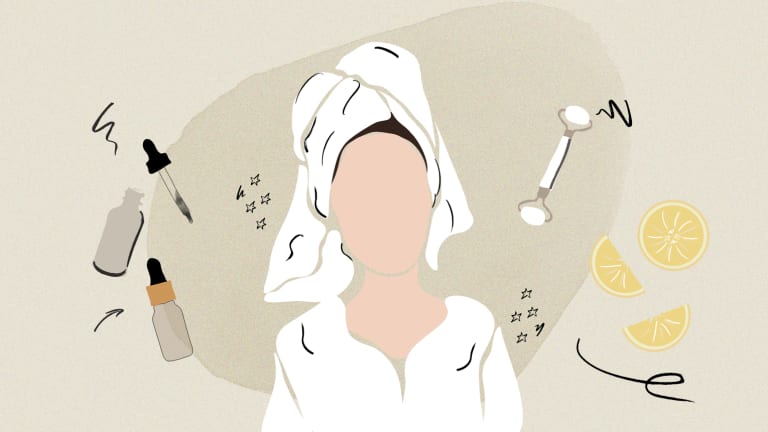

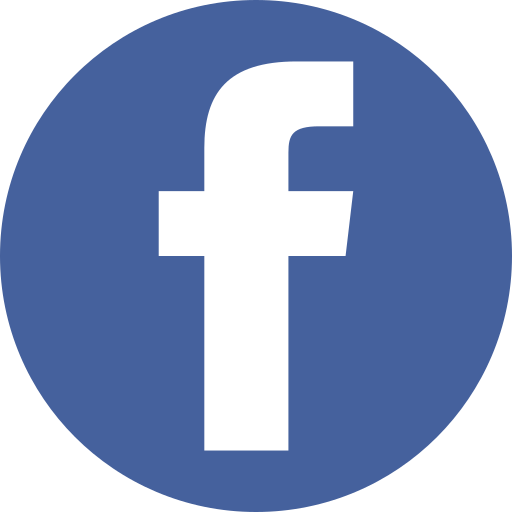
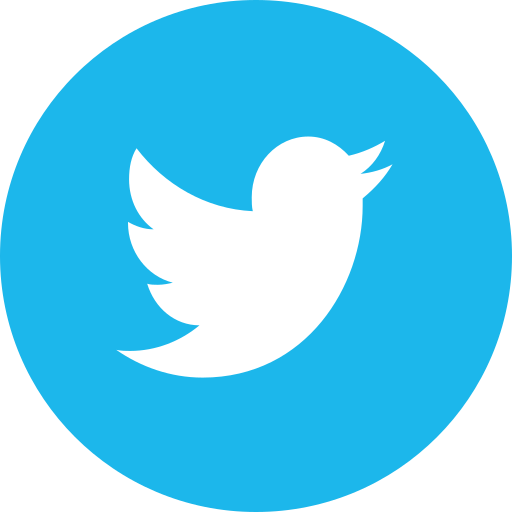
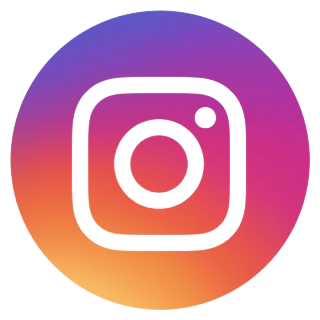
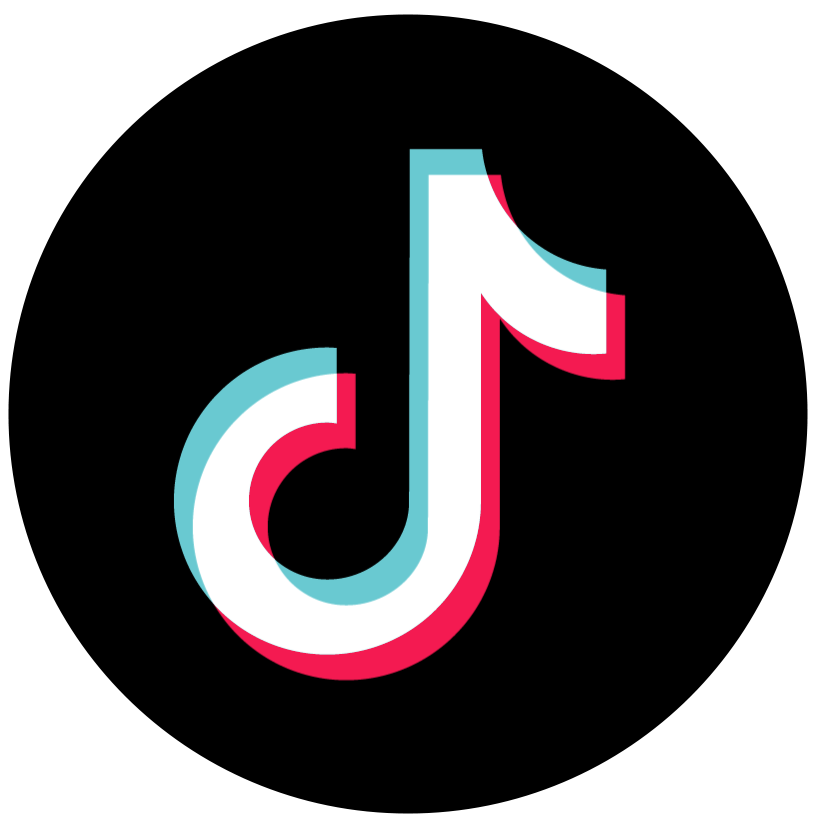

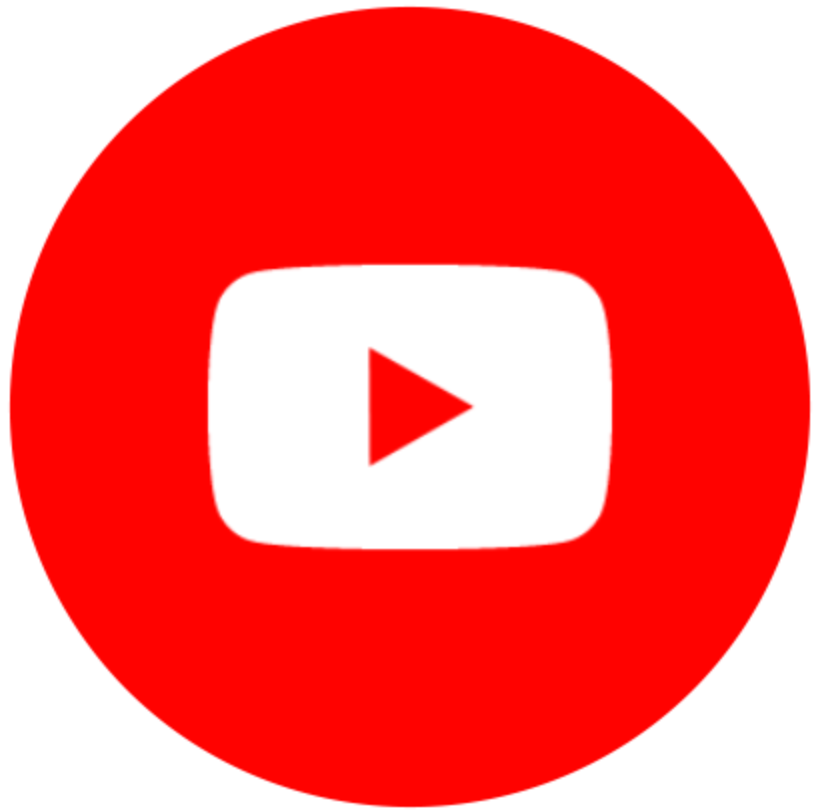

Comments
Post a Comment